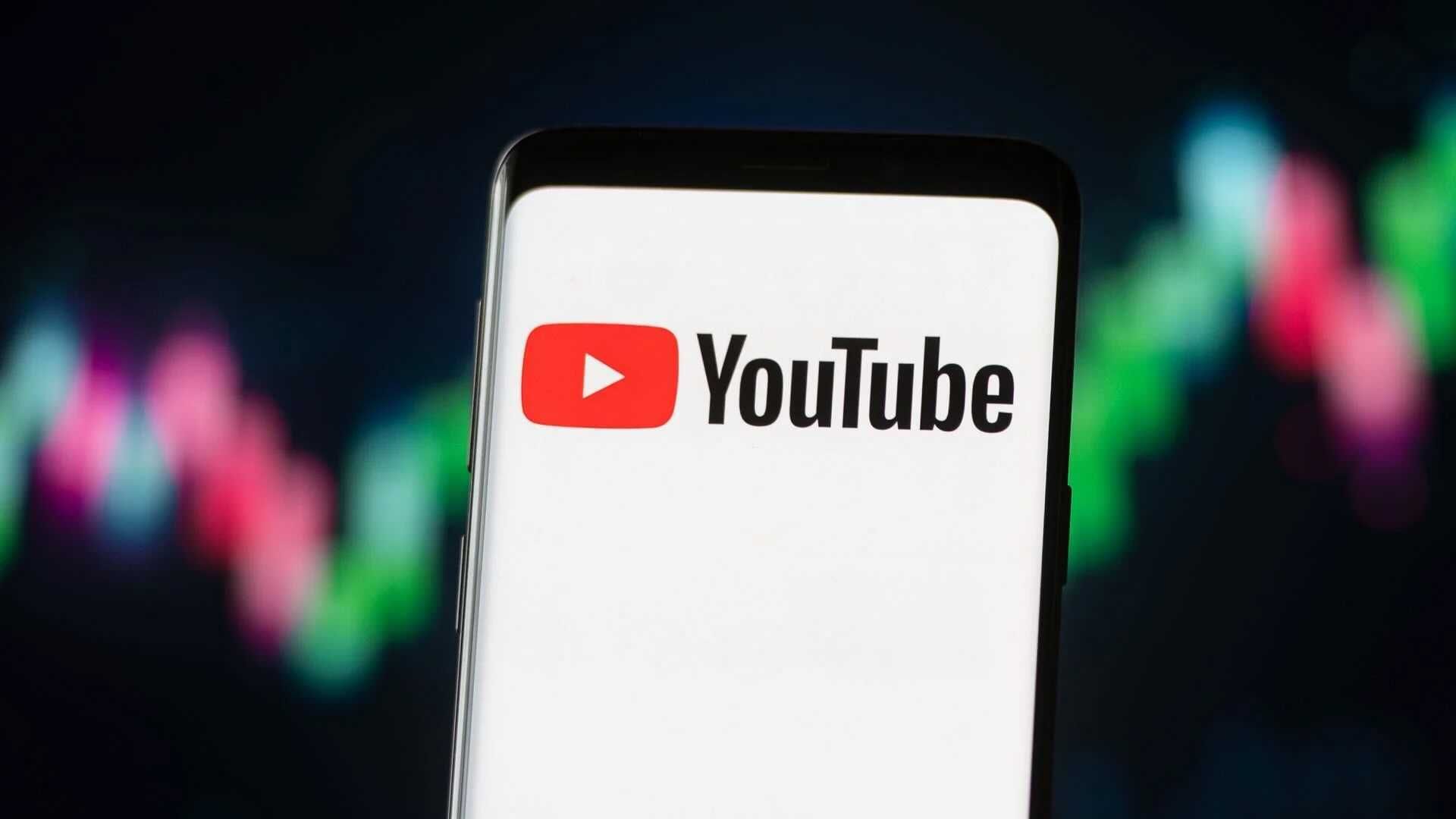YouTube makes changes to limit hate speech and boost inclusion
Add Axios as your preferred source to
see more of our stories on Google.

Photo: Mateusz Slodkowski/SOPA Images/LightRocket via Getty Images
YouTube on Thursday introduced new measures to help combat hate speech and make the platform more inclusive.
Between the lines: The changes follow similar efforts introduced this week by Twitter and Facebook, suggesting tech companies might have waited to introduce such changes until after the election.
What's new: YouTube says that it will introduce new reminders that will pause users before they post potentially offensive comments.
- Twitter introduced a similar measure aimed at curbing misinformation before the election.
YouTube is also changing its recommendation algorithm to ensure different types of creators are treated equally in its search, discovery and monetization systems.
- The company will roll out a voluntary survey that asks creators for more information about their race, gender, ethnicity and sexual orientation.
- That guidance will help YouTube will look for possible patterns of hate, harassment, and discrimination that may affect some communities more than others.
YouTube also wants to make it easier for creators to avoid dealing with hateful content while trying to filter it.
- The company will be testing a new filter in YouTube Studio, its hub for creators, for potentially inappropriate and hurtful comments that have been automatically held for review, so that creators don’t ever need to read them if they don’t want to.
- The company will also streamline comment moderation tools to make it easier for creators to bypass potentially hateful comments when moderating them.
Between the lines: YouTube in the past has been criticized for loose moderation of its comments sections on videos.
- To address that, YouTube says it has beefed up its tools for finding hateful comments.
- Since early 2019, the company says it has increased the volume of comments containing hate speech that it has daily removed by 46x.
By the numbers: In the last quarter, YouTube says that of the more than 1.8 million channels it terminated for violating its policies, more than 54,000 terminations were for hate speech — the most hate speech terminations in a single quarter.
The big picture: Tech activists argue that big companies like YouTube need to do more to address diversity at the corporate level if they wish to build more inclusive product environments.
Go deeper: Tech's race problem is all about power
